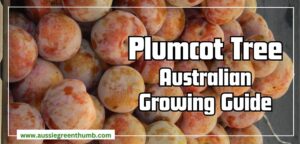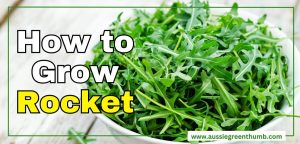Are you looking for a guide on how to grow eggplants? Whether you’re a fan of a good barbecue, or cultivating your own vegetables at home, eggplants are a great choice.
Whether grown in a raised bed, as an ornamental border or as part of your vegetable garden, eggplants are great growers and often result in a bountiful harvest.
Our guide will help you know exactly how to cultivate, care for and grow this glorious vegetable, which is actually a fruit.
More...
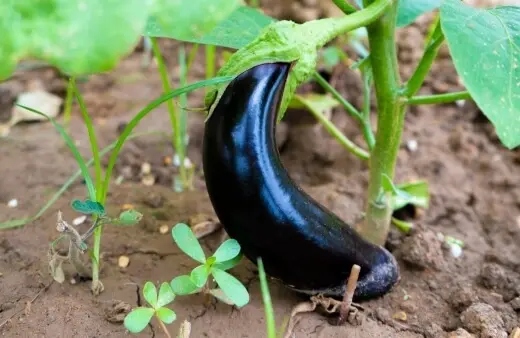
Getting to Know Eggplants
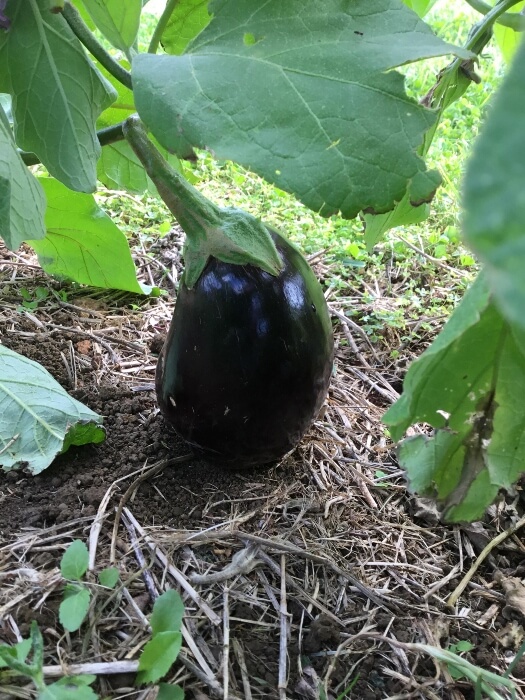
Eggplants, or Solanum melongena, are part of the Nightshade family which includes other popular garden vegetables like tomatoes and pepper. Across the globe, the eggplant is often referred to as an aubergine.
Native to India and China, there is a range of eggplant types, including small-fruited varieties. The most well-known is, of course, the large, purple, pear-shaped variety which is often available in stores.
These tall, angular plants grow along an upright stem, and many smaller varieties are heavy bearers. Eggplants contain a striking water-soluble flavonoid pigment which causes the deep purple colour of the fruits and flowers.
How to Grow Eggplants in Australia
As eggplants thrive in warmer climates, it’s important to hold off on planting until the last frosts have gone and temperatures start to rise above 10°C. Eggplants grow best in overly sunny positions, with rich, well-draining soil.
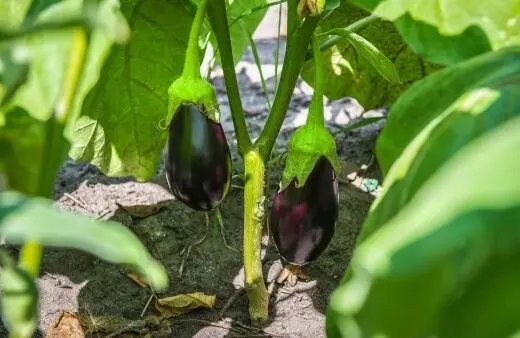
Especially when growing in the ground, it’s recommended to enrich your soil with a good mix of compost and other organic matter. Check out our review on the best compost bins to help you make your own compost.
Mulching around the base of your eggplant plant will help to keep the soil warm and moist and keep it from drying out in the summer heat. This could be done with hay, shredded leaves, pine needles or a similar organic matter.
Whether you’re planning on planting in a raised bed, pot or in your garden, it is a good idea to support your stem with a stake. Even in smaller-fruiting varieties, the eggplant fruits can grow to a significant size, meaning they begin to weigh down the stems.
Planting Eggplants
Whether growing from seed or planting eggplant bought at a garden centre, consider spacing your eggplants around 60-91 cm apart. This will allow plenty of space for each plant to grow and receive sufficient sunlight to fruit.
To plant simply:
- Pick a sunny spot to locate your eggplant.
- Enrich your soil by mixing in organic compounds and a slow-release granular fertiliser.
- Dig a hole twice the size of the root ball.
- Gently place into the hole and backfill. Gently patting down the top layer of soil to remove air pockets.
- Start with a smaller stake at the base of the plant, and increase stake height as your eggplant begins to grow.
How to Propagate Eggplants
Propagating Eggplant from Seeds
Growing eggplants from seed is a viable option. However, it is important to wait for warmer weather before planting your seeds. Seeds need an ambient soil temperature between 23-29°C.
For colder regions, a heating mat can be placed beneath the seedling tray.
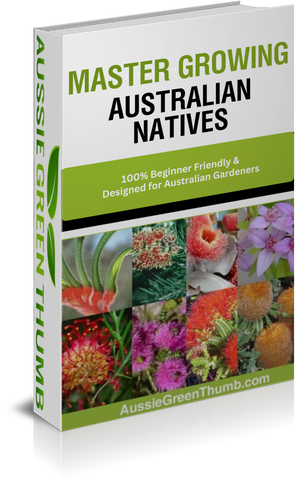

Get Your Free Guide:
Master Growing Australian Natives eBook
A Must Have Complete Guide for Every Australian Garden
Get Your Free Guide:
Master Growing Australian Natives eBook
A Must Have Complete Guide for Every Australian Garden
Here is how to plant eggplant seeds:
- Prepare a seedling tray with a moist, seeding mixture.
- Embed your eggplant seeds about a .6 cm deep into the soil.
- Keep your seedlings in warm, well-light areas and water often.
In the right conditions, seeds take around 2 to 3 weeks to germinate.
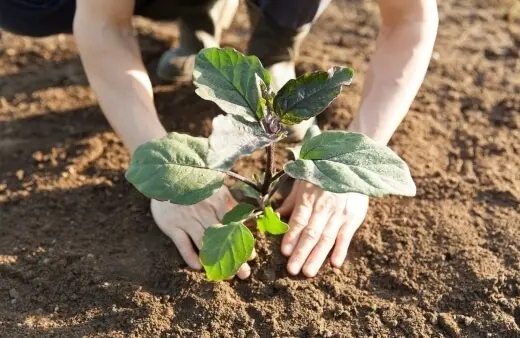
Eggplant Propagation from Cuttings
If you don’t have the patience to grow from seed, you can grow your eggplant from a cutting to save time. Cuttings should be taken from existing plants after the growing season.
You will need to:
- Remove a stem cutting with 1 or 2 larger, healthy leaves.
- Place the cuttings into a mason jar, filled 2/3 with water.
- Check on the water daily and replenish if the water discolours or evaporates.
- Roots should appear after 2 to 3 weeks. Then, transplant into a pot with a rich soil mixture.
Keep young plants in a warm and sheltered area before transplanting outdoors or into the garden.
Caring for Eggplants
Eggplant care is relatively easy once the plants are established. Do your best to keep the soil moist during the growing season. Eggplants need a steady supply of moisture, or you may risk your eggplant bearing bitter fruit.
Most gardeners recommend using a soaker hose. (Check out our review of the best soaker hoses.)
You can also support your plant with a balanced fertiliser throughout the growing season. Should you experience a sudden cold spell, it is recommended to bring your eggplant inside overnight or to cover them with row covers.
Pruning will not be required with eggplants, if only just to remove dead and damaged leaves or spent flowers. It is important to note that eggplants require pollinators, such as bees, to help them pollinate and bear fruit.
Many gardeners will opt to grow their eggplants along with other flowering garden plants to help attract pollinators. If growing in your vegetable garden, you could always choose to plant edible flowers along with your eggplants.
Harvesting Eggplants
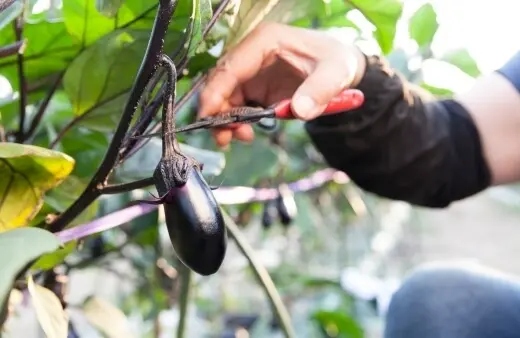
The trickiest part of growing eggplants at home will be knowing when to harvest. Even for the most experienced gardeners picking the perfect moment to harvest is an art.
Harvesting your eggplant too late or too early can result in a bitter flavour. You’ll know your eggplant is ready for harvest as soon as the fruit stops growing and the skin starts to become glossy.
You will want to remove your eggplant using a sharp pair of gardening shears. It is advised to cut the stem slightly above the stub. If you don’t have one on hand or in need of a replacement, check out our review of the best secateurs today.
Avoid trying to tug the eggplant loose, as they don’t tend to drop very easily, and you’ll risk damaging the fruit. You can store your eggplant in the fridge for up to one week.
When preparing your eggplant, you’ll want to work quite quickly as eggplants tend to discolour when sliced.
Common Eggplant Problems
Sometimes eggplants can be susceptible to disease or pest invasions; as such, it’s a good idea to regularly check on your eggplant. Aphids, whiteflies and the black flea beetle all tend to enjoy feasting on the eggplant’s foliage. These can be easily treated with insecticidal soap.
Blossom end rot, wilt and various types of blight can also affect your eggplant.
Eggplant Frequently Asked Questions
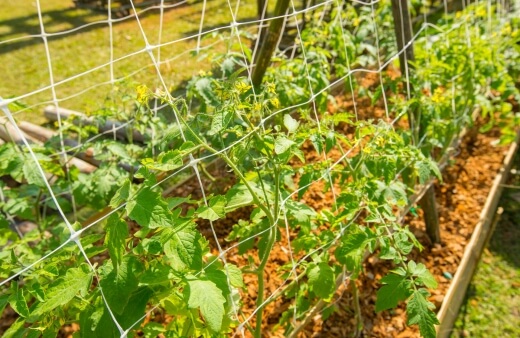
How long does eggplant take to grow?
Depending on which variety you are trying to cultivate, eggplants require around 65 to 80 days after transplanting. If growing from seed, it can take as much as 100 to 120 days.
What is the best fertiliser for eggplant?
While you can use a general-purpose fertiliser, a balanced 10-10-10 fertiliser will serve best. Eggplants can be sensitive to nitrogen, so avoid any nitrogen-rich fertilisers.
How do I get my eggplant to produce fruit?
For a bountiful harvest, you will need to ensure sufficient sunlight and nutrient-rich soil. Be sure to maintain a consistent level of moisture and a good soil nutrient balance with phosphorus, potassium and magnesium.
What should you not plant near eggplants?
Avoid planting your eggplant near vegetables like fennel, onions or garlic. Perfect partner plants for eggplants include beans, peas, marigolds, peppers, spinach and thyme.
Final Eggplant Tips
- For first-time growers, consider starting with some small-fruiting varieties. It’s often a good place to start.
- Regularly check your eggplant for fleas and other pests which may suck the sap from your eggplant leaves.
- Invite plenty of pollinators by keeping your eggplants outdoors in the daytime and near other flowering plants.
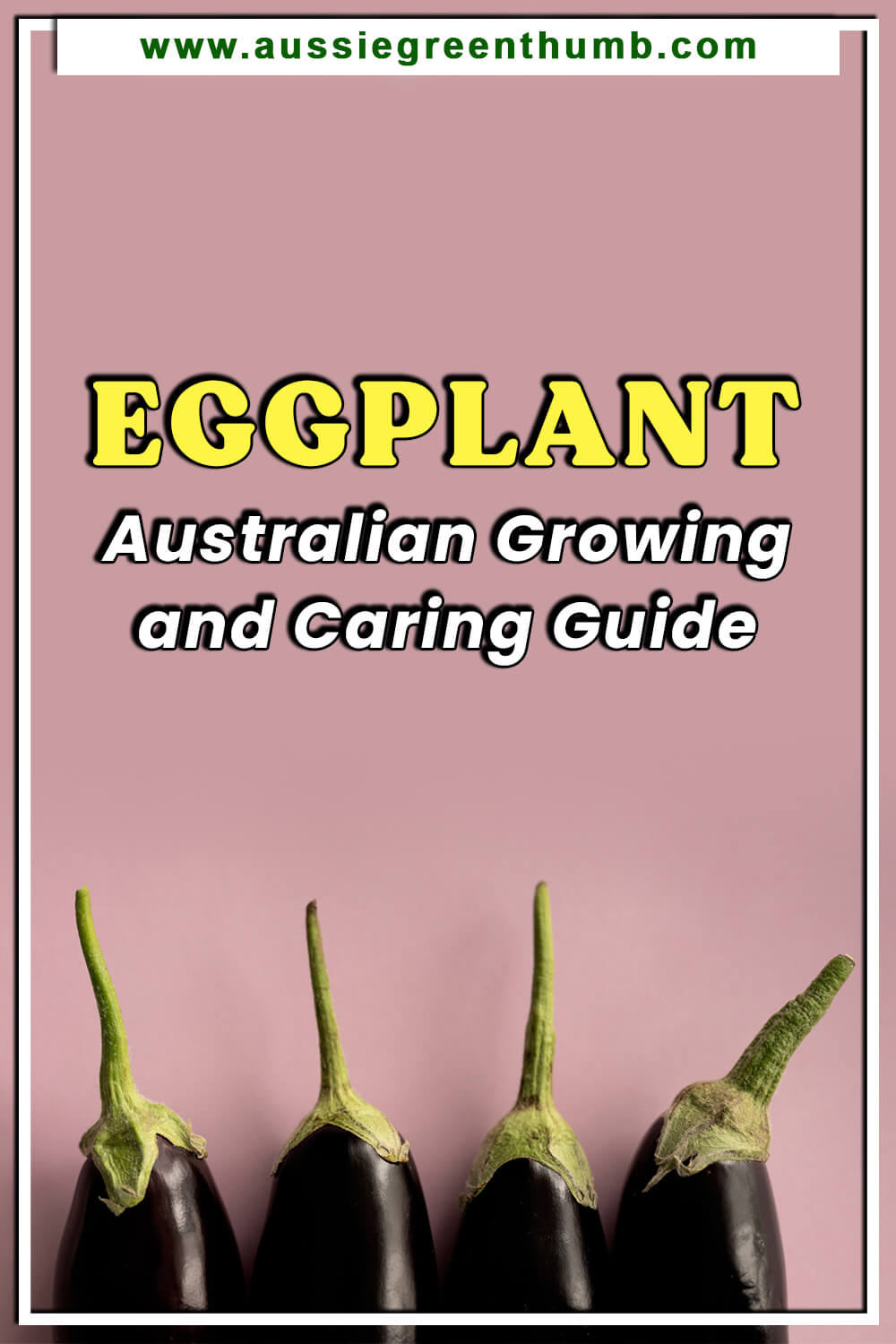
Get Ready to Start Growing Eggplants
Once the weather begins to warm, it’s the perfect time to start planning for your eggplants. Be sure to wait until the last signs of frost have disappeared before planting seeds or young plants.
There you have it! Everything you need to know on how to grow eggplants in your garden!
Published on April 29, 2023 by Maisie Blevins
Last Updated on September 9, 2025

